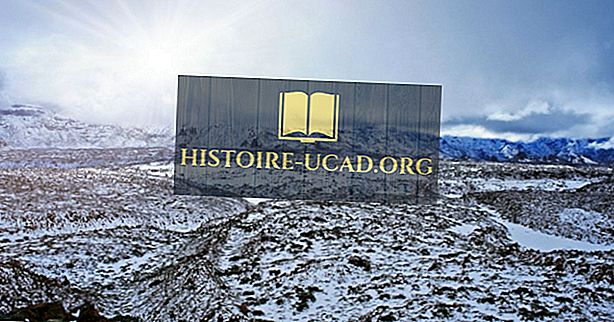
The presence of as little as 6 inches of snow is enough to keep the freezing air from affecting the ground when the temperature drops rapidly, thus preventing frost quakes from taking place. This is because snow acts as an insulator when it is deep enough. Reports of booms throughout the Midwest often coincide with low temperatures of -20 F or colder and are sometimes described as ice quakes or frost. This change cracks the ground, including rock, around the solid ice formation.Īn abundance of snow will prevent frost quakes from occurring.

When the temperature drops rapidly, within approximately 12 to 48 hours, water that has collected below the surface of the ground freezes solid and expands quickly. When temperatures are at the freezing point, water located deep underground can begin to freeze. The severity of the cracking of the soil depends on the amount of water present. This winter phenomenon occurs in Vermont only when the conditions are right. The precipitation can be in the form of rain, sleet or a mixture of wet weather conditions that have saturated the ground saturated deep down. A cryoseism, also known as a frost quake or ice quake, is a seismic event that happens when frozen water in soil or rock expands and cracks explosively. This happens most frequently in areas where there has been a great deal of precipitation in a relatively short period. I was scared and thought it was the furnace," she said.For a frost quake to occur, there must be sufficient water present, and this water must be located deep within the ground.

"The ground and water will freeze and expand and it actually puts out a little explosion and people hear this booms," said Mr Jones.Ĭhastity Clark Baker said she was up all night because of frost quakes in Chicago, reports WGN9.

Local geologist Jeri Jones said there were multiple reports of an earthquake in the area, but he was fairly sure the loud noises and rattling had come from a frost quake. "It sounded like a big piece of furniture fell over, and I'm thinking: what did the cats knock over that was that big and that louds," said Ms Tebbetts. A vivid and fascinating account of the freezing winter of 1962, Frostquake taps into a watershed moment in British social, political and cultural history. Stress placed on the ground by the expanding water eventually results in the land cracking, the ground shaking, and an explosion-like sound.Ī frost quake in Pennsylvania startled local Dillsburg resident Michelle Tebbetts, reports Local 21 News. ( KSNT) Frost quakes aren’t entirely uncommon, but the noises they make can be entirely unsettling if you’re never experienced one.
/__opt__aboutcom__coeus__resources__content_migration__mnn__images__2019__01__IceSnowWaterAgainstBlackGround-b448a3f1fb1a4394a2fe1b3f99b85a1b.jpg)
This happens when water which has drained into the land freezes and subsequently expands as it becomes ice. While the public deals with the risk of frostbite, hypothermia, high heating costs and school closures, there is a lesser-known threat unsettling some residents.įrost quakes, also known as cryoseisms, are a seismic event caused by a very sudden cracking of frozen soil or rock that has been saturated in water. They’re most likely due to an extreme cold weather phenomenon called a frost quake. 'History-making' polar vortex plunges parts of US to -29degC.Forecaster Sarah Jamison at the National Weather Service in Gray, Maine, told Seacoast Current that they are not uncommon in New England. One possible explanation could be a cryoseism, also known as a frost quake. Temperatures have plummeted across the upper Midwest of America as a polar vortex, which AccuWeather describes as a larger pocket of very cold air, strikes the region. The US Geological Survey did not report any seismic activity in the northeast United States on Thursday. While New Zealand is scorched by a heatwave, frost quake explosions caused by a polar vortex are startling homeowners in the United States.


 0 kommentar(er)
0 kommentar(er)
